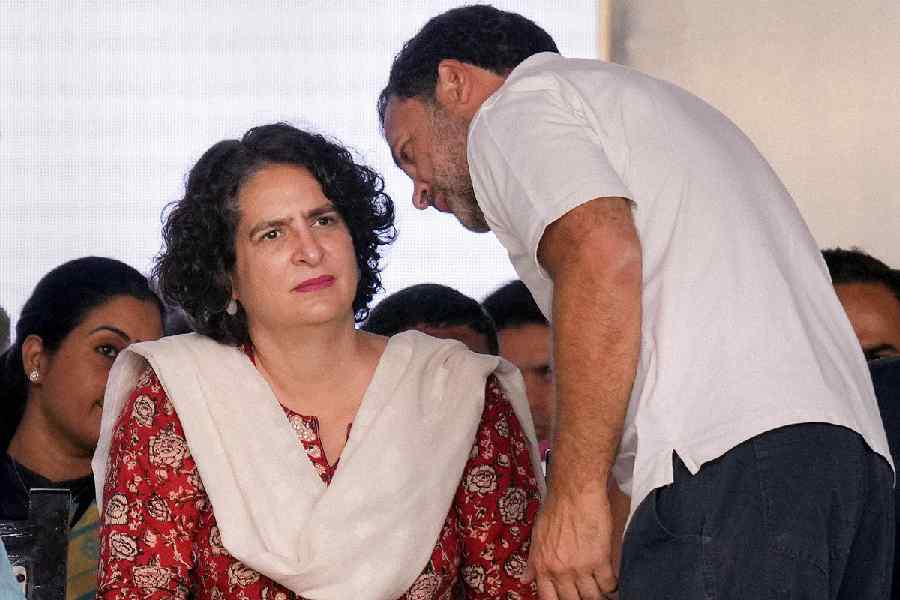There is generally great public interest in the electoral duel in each Lok Sabha constituency. But some seats, arguably, grab a wee bit greater share of the people’s attention on account of their long association with particular political clans. This year, for instance, Baramati in Maharashtra would be witnessing a ‘family contest’, with Supriya Sule taking on her sister-in-law, Sunetra Pawar, given the split in the parivar of the erstwhile Nationalist Congress Party. Another feuding family would face off in Bengal’s Bishnupur where a Bharatiya Janata Party leader will be locking horns with his former wife and now electoral rival. But data suggest that families are no longer synonymous with their fiefs — ‘legacy seats’ in the political parlance — when it comes to Indian elections. The most notable example is the Congress’s ‘strategic silence’ on fielding either of the Gandhi siblings from Amethi — Rahul Gandhi had lost from here in 2019 — or Rae Bareli; Sonia Gandhi is not contesting from the latter either. The BJP’s Varun Gandhi has been elbowed out of his favourite turf, Pilibhit; Bareilly, too, will be without the veteran BJP leader who has represented it since 1989 — the list of seats with thinning legacies is not short.
One way of interpreting this changing equation between family and fief would obviously be the rise and fall in political equations. Varun Gandhi’s ouster from Pilibhit, for example, can be attributed to his strained ties with the current BJP leadership. Then there is the sharply critical rhetoric on the dynastic hold on politics, a commentary that the prime minister has weaponised with quite a bit of success, especially against the Congress. But the most important factor contributing to the change on the ground has been the deepening of the democratic ethos. Consequently, primordial — feudal? — imperatives are no longer the pivot on which revolves public electoral choice. This momentum must be sustained for the sake of democracy and accountability.











